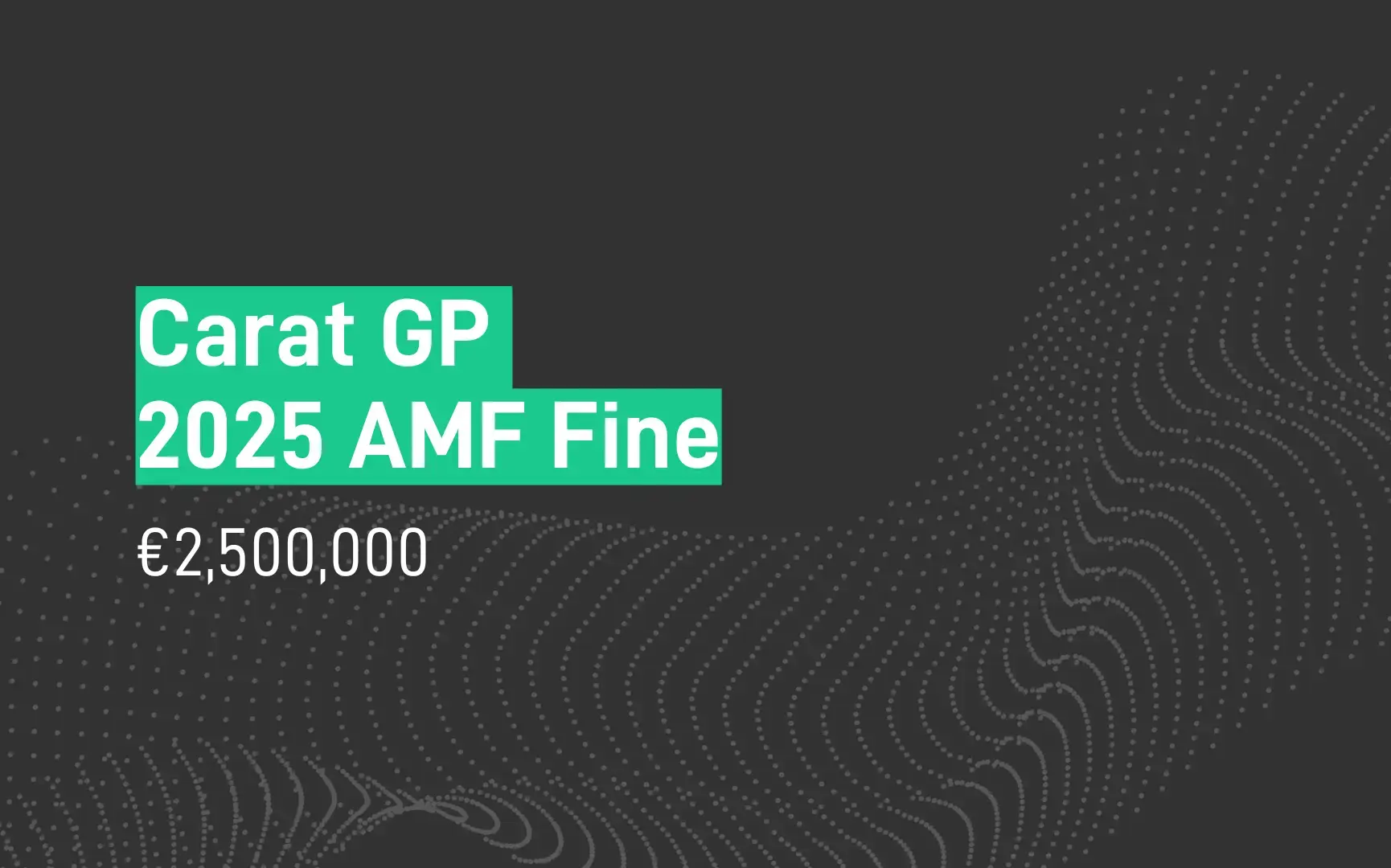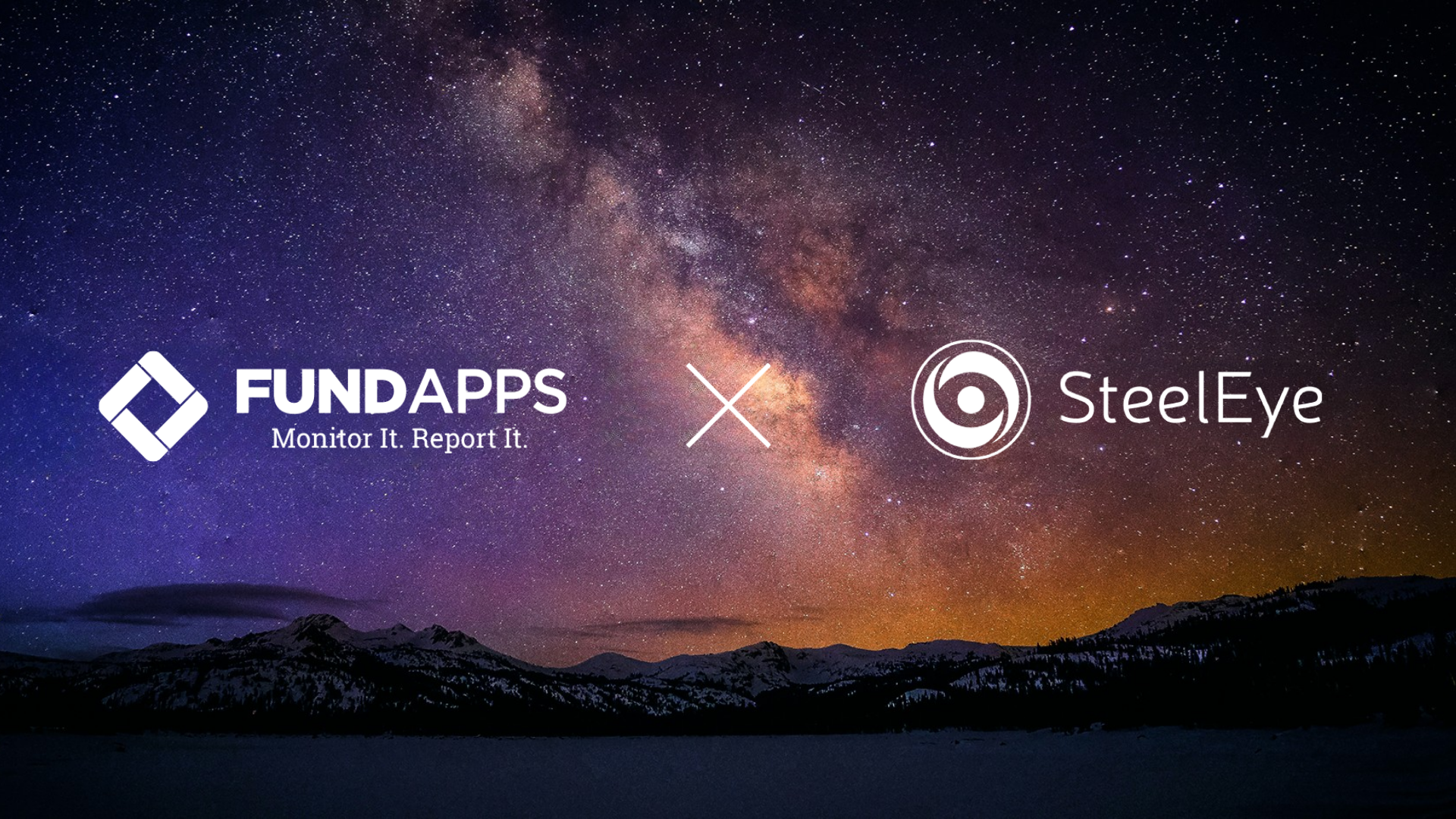
In 2011, the UBS rogue trader scandal caused a loss of over US $2 billion as a result of unauthorised trading performed by Kweku Adoboli. After his release from prison in 2015, I was in the audience listening to him speak about the incident that took him down. The resounding theme throughout his speech were that the decisions and the actions he took were influenced by the culture of the people around him.
In May 2012, Sergio Ermotti, UBS Group CEO spoke at their AGM about the changes implemented following the scandal. He referred to employees that had been replaced or had pay docked due to serious mistakes or unreasonable behaviour. Surely in all the years since this, the industry has learned, improved their trading and control practices and moved on, so why is this a subject I am referring to now in 2020?
On Thursday last week, (5th November), the FCA published three Decision Notices, all prohibiting specific individuals from performing “any function in relation to any regulated activity carried on by any authorised or exempt persons or exempt professional persons”. Due to “non-financial misconduct”, it was seemed that each individual lacked “the necessary integrity and reputation required to work in the regulated financial services sector.”
But how do firms monitor for non-financial misconduct and whose role is it do to so?
The answer, it now seems points to compliance, but since this function traditionally is tasked with surveying and monitoring regulated and prescribed activities, some changes would be required to also monitor for non-financial misconduct.
Typically, surveillance is achieved through systems tuned to track and trace the relevant data sets and provide alerts when certain conditions are met. What these systems do not necessarily track is behaviour or the state of mind of employees. The advancement of surveillance systems, means that there are now elements of communications surveillance, but these tell you little about the mental health of the subjects involved. Typically, these pieces of information are usually only gained after an event has occurred and an investigation has been carried out.

But what if compliance teams were able to ascertain this level of detail within their initial analysis and surveillance? Ensuring that those who were in trusted and prominent decision-making positions for a company were acting with appropriate authority and ability to carry out their roles.
The latest technology advancements in customer experience means that this capability is being used, but not necessary in this sector or for this purpose. Most recently I saw that communication sentiment analysis is being used in the Vendee Globe race to help Yachtswoman, Pip Hare, as she endures the physical and mental stress of competing. The software will keep track on her physical and mental health by analysing the audio and video extracts recorded on her journey. The results will be automatically relayed back to her on shore support team who will be able to quickly advise and relay instructions to encourage and restore balance.
We have all seen the massive growth in facial & object recognition technology over the years and it will not be long before your Teams and Zoom applications will have this integrated to understand who is speaking at any one time and provide real-time analysis on the surrounding environment individuals are working in. Perhaps leading compliance managers to calls where there is a potential conduct breach using this additional data alone.
"Detection of non-financial misconduct is entirely possible given the correct governance, technology, and the ability to use it correctly within the compliance function."
Detection of non-financial misconduct is entirely possible given the correct governance, technology, and the ability to use it correctly within the compliance function. Compliance teams should be looking to leverage the technology being used elsewhere within their business and drive value into how their current practices can be enhanced.
Call sentiment has been around for a while, being used widely in call centres and in the public sector for emergency services. Bringing this detail in and enhancing it with call relationship and video analysis can provide compliance teams with a level of detail that will not only help them comply with their regulatory obligations, but also provide additional governance on conduct and the overall behaviour of employees, monitoring culture and raising flags on suitability.
The decision notices issued by the FCA last week on ‘non-financial misconduct’, certainly raises the question around whether the current practices firms have in place are adequate. Behaviour of employees should not stop within HR. It needs to be brought into place directly within compliance and monitored alongside the prescriptive regulated activities, only then can firms truly start to understand culture and its impact to their business.
SteelEye is a trusted compliance platform for MiFID II, EMIR, Dodd-Frank, MAR, SMCR & more. Established to reduce the complexity and cost of financial compliance, SteelEye enables firms globally to manage their regulatory obligations through a single platform.
SteelEye’s ability to bring together, cleanse, index and analyse structured and unstructured data across all asset classes and communication types enables clients to effortlessly meet their regulatory needs, because when all this data is in one place, compliance becomes both easy and cost-effective. And with everything under one lens, firms also gain fresh insight into their business, helping them improve their efficiency and profitability.
To date, SteelEye has launched solutions for record keeping, trade reconstruction, transaction reporting, trade and communications surveillance, best execution reporting, transaction cost analysis and advanced analytics for regulations including MiFID II, EMIR, Dodd-Frank, SMCR and MAR.











